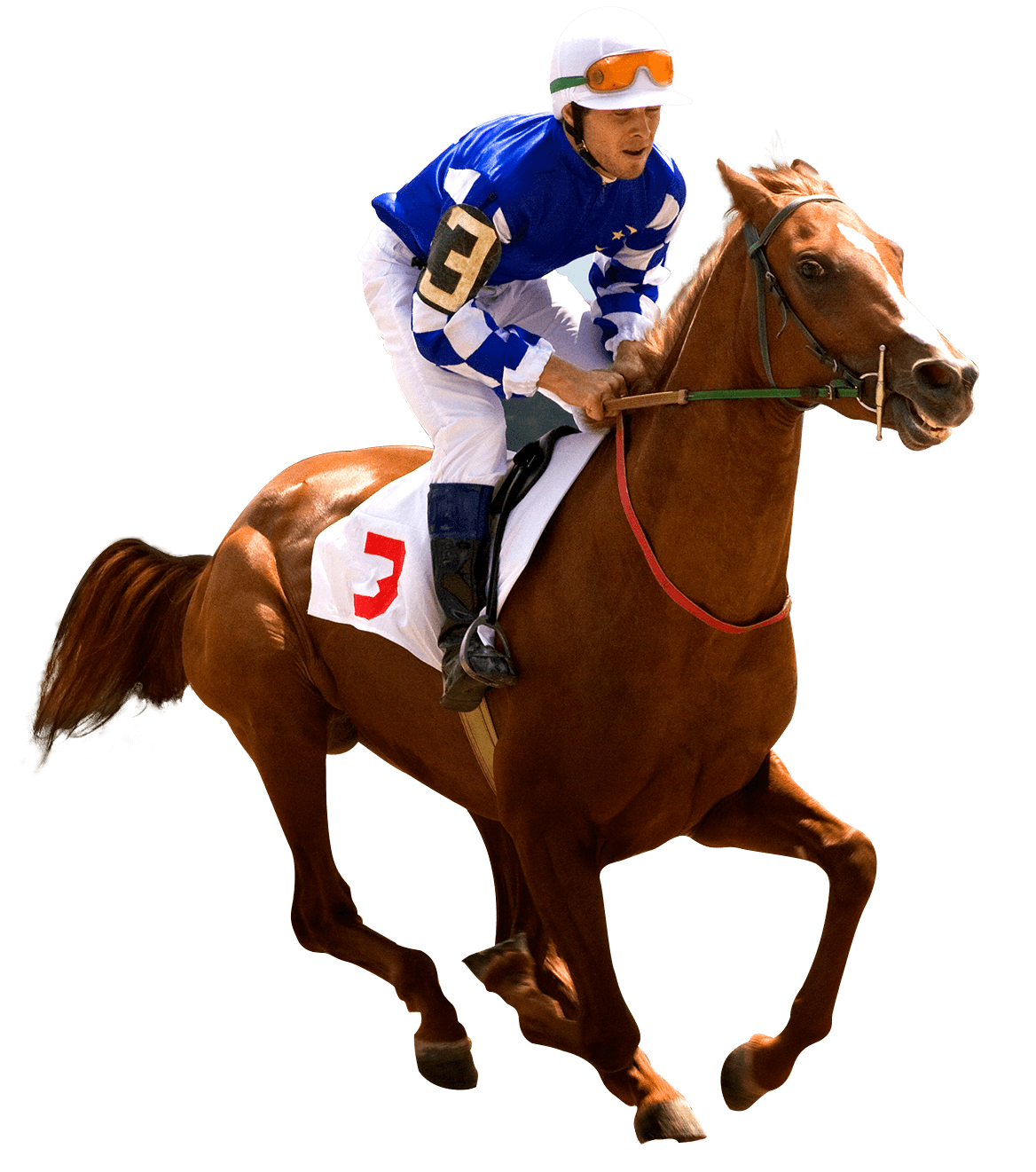Newcastle plays host to the annual Fighting Fifth Hurdle in late November or early December. In fact, the racecourse holds the Fighting Fifth Meeting specifically to celebrate this event. It is a two mile, Grade One hurdle race offering over £100,000 in total prize money with over half going to the winner. Along with the Christmas Hurdle and Champion Hurdle, the Fighting Fifth forms the Triple Crown of hurdling. To date, only one horse can claim to have won all three and that is Kribensis from 1989 to 1990. Look here for all the latest information on this prestigious hurdle race.
The Fighting Fifth Hurdle is classified as a Grade One National Hunt Hurdle race. It is held over a distance of two miles on a left-handed course with nine hurdles to navigate. This race is open to horses aged four and older of both genders. The weight requirement amounts to 11st-7lbs for males or 11 stones for females.
location: Newcastle Racecourse
grade: Grade 1
race type: Hurdle
The Fighting Fifth Hurdle is named in honour of the Royal Northumberland Fusiliers who are known colloquially as the 'Fighting Fifth'. In 1968, one year before the race was inaugurated, the regiment was disbanded and became part of the Royal Regiment of Fusiliers. This prompted the racing authorities to commemorate this great military unit in the name of this new race.
Initially, the Fighting Fifth Hurdle was classed as a Grade 2 race, which was followed by a brief stint as a limited handicap during the 1990s. It wasn't until 2004 that the race was elevated to Grade One status. Since 2006, after betting exchange WBX took over sponsorship of the event, the Fighting Fifth Hurdle has become the first leg of the Triple Crown of Hurdling. The series is completed by the Christmas Hurdle, held at Kempton Park Racecourse, and Cheltenham's Champion Hurdle.
Over the past five decades, champion hurdlers, jockeys, and trainers have made Fighting Fifth history. Below are a few of the current records (as of 2017).
Padre Mio set the record for fastest time in 1995. He won in 3 minutes and 40.70 seconds.
Both Comedy of Errors and Birds Nest won the Fighting Fifth on three occasions, from 1972 to 1974 and 1976 to 1979 respectively, making them the most successful horses to ever compete in the history of the race.
The most successful trainers with four wins apiece are Fred Rimell and Nicky Henderson. Rimell won with two horses, Inishmaan and Comedy of Errors from 1972 to 1974. In 2017, Henderson completed his fourth win with Buveur D'Air having previously won with Landing Light, Punjabi and My Tent Or Yours from 2001 to 2017.
The honour of being the most successful jockey in the history of the Fighting Fifth is shared by nine gentlemen who each won twice. They include: Bill Smith (1972-1973), Andrew Turnell (1977, 1979), Richard Guest (1990, 1995), Lorcan Wyer (1998-1999), Tony Dobbin (2000, 2005), Paul Carberry (2004, 2007), Tony McCoy (2006, 2013), Jason Maguire (2010-2011), and Barry Geraghty (2008, 2017).
Listed below are a few of the best moments in the history of the Fighting Fifth since its inaugural running, won by Mugtapura, in 1969 (as of 2017).

The Triple Crown of Hurdling is such a challenge that only one horse has ever managed to snatch the required triple win! This was Kribensis, trained by Sir Michael Stoute, in the 1989/90 season making for one of the best moments in the history of the Fighting Fifth.
To date, only six horses have won both the Fighting Fifth and Champion Hurdle. 2008's Punjabi was the last to have done so until 2017 when Buveur D'Air took the Champion Hurdle in March followed by the Fighting Fifth in the same year.
One of the most tenacious competitors to persevere and win in the history of the Fighting Fifth was The French Furze. For three years, victory eluded him as he placed second by a rather significant margin each time. In 2000, he lost to Barton by seven lengths, followed by a nine-length loss to Landing Light the next year, and then a six-length loss to Geos in 2002. Finally, when he crossed the finish ahead by three-quarters of a length in 2003, the win was magnified, not only by the performances of the previous three years, but also by 25/1 odds making for one of the best moments in the race's brief history.